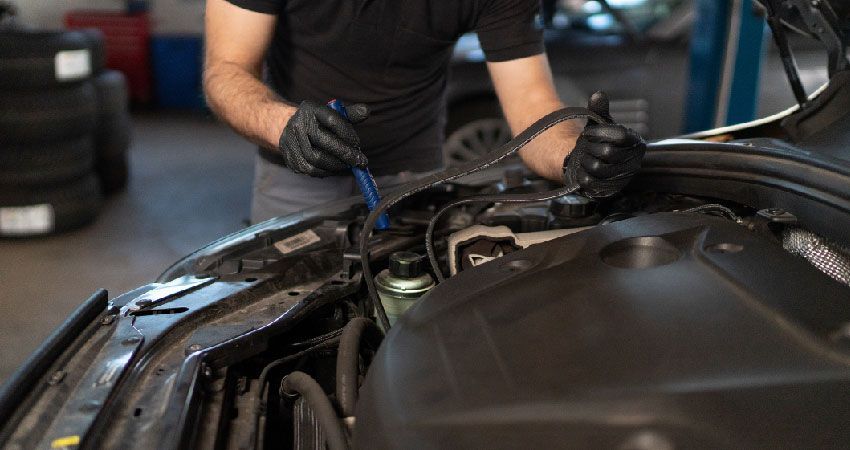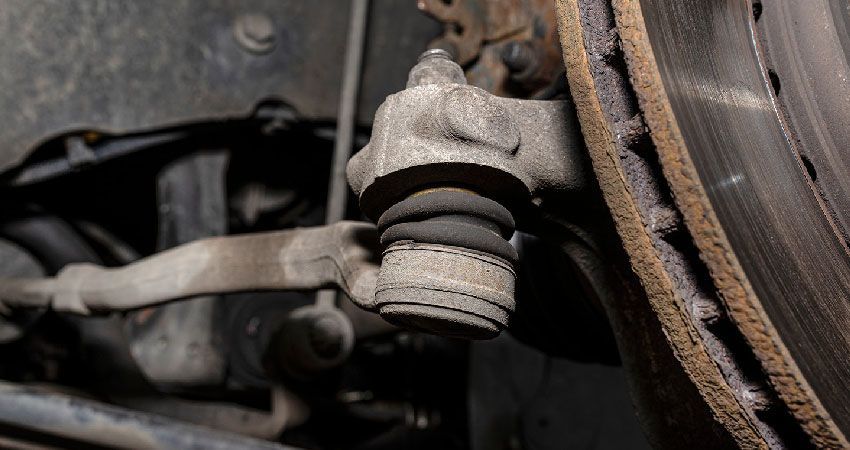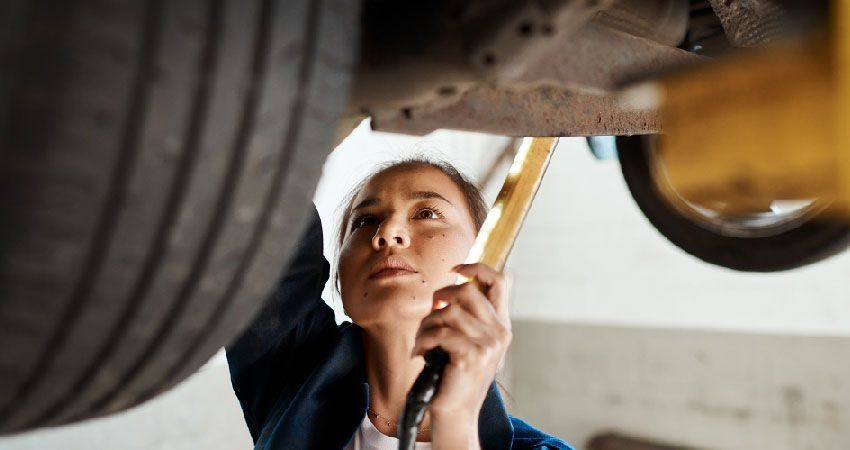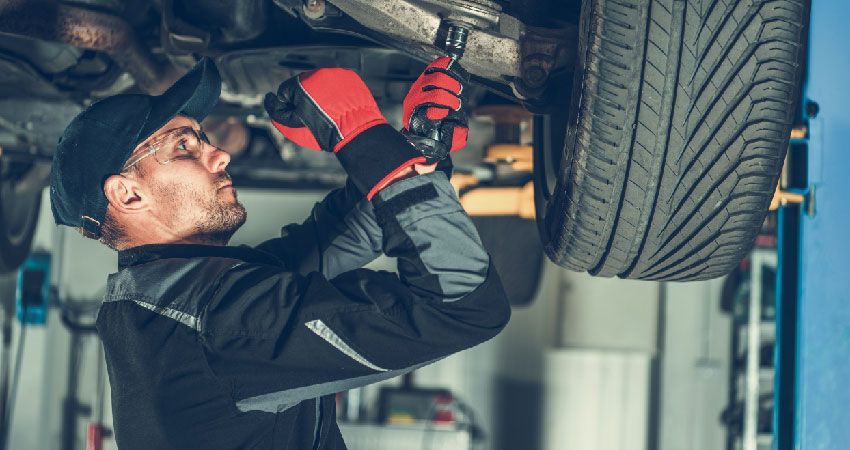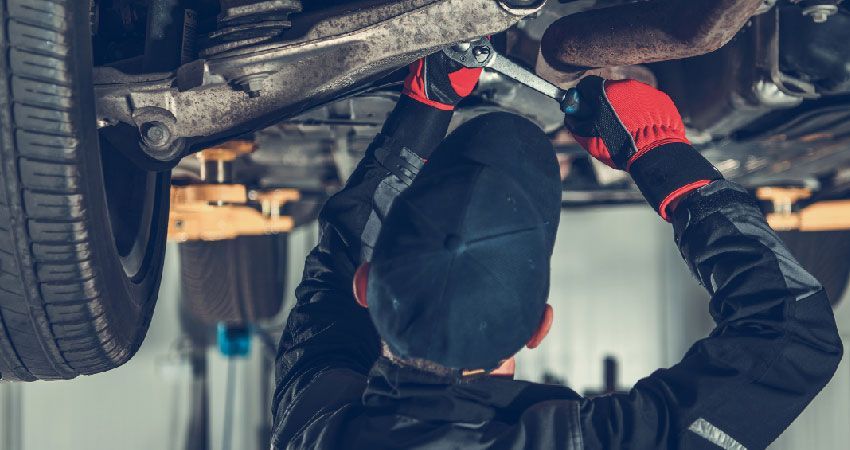- TIRES
-
AUTO REPAIRS
RepairsMaintenanceCommercial Service
-
OFFERS
-
APPOINTMENTS
- LOCATIONS
-
ABOUT US
Title
-
WHOLESALE
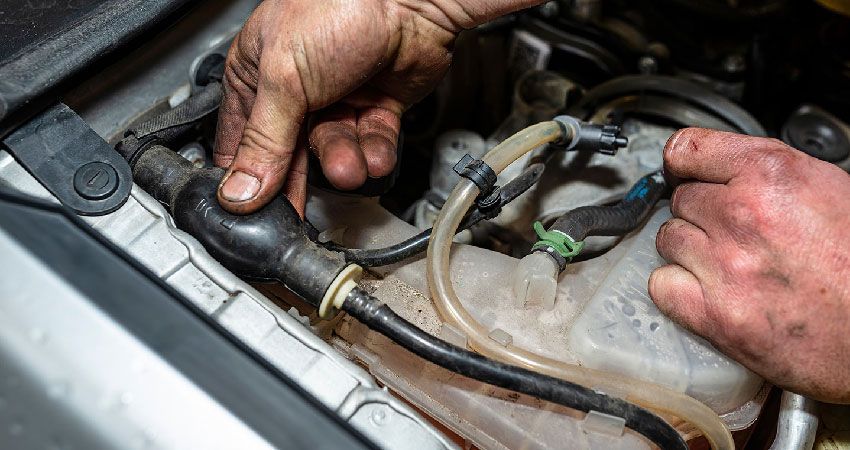
What do heater hoses do?
During the cold winter months, your heating system must be working properly. One vital part to your vehicle’s heating system is its heater hoses. Before we cover what exactly heater hoses are and what they do, we should understand how your vehicle’s heating system actually works. It may seem surprising, but your vehicle’s heating system actually works off your engine’s cooling system. When your engine is running, it produces tremendous amounts of heat. This heat needs to be transferred away from the engine so the engine doesn’t overheat. Engine coolant, called antifreeze, travels throughout the engine absorbing the excess heat and transports it out of the engine. Then, basically what your heating system does is it uses the excess heat from the engine to heat the inside of your vehicle. Some of the engine’s excess heat will travel to the radiator and will be released into the atmosphere. However, some of the excess heat also travels to the heater core (the heater core, located inside your dashboard, is in charge of heating your vehicle). This is where heater hoses come into play. Heater hoses are used to transfer the excess heat, in the form of engine coolant, from the engine into the heater core. Once the heated engine coolant reaches the heater core, it travels through small tubes inside the heater core. Then, the heater fan blows on the tubes, sending warm air through the heating vents and into your vehicle. The heater hoses will then transfer the heated engine coolant out of the heater core and back to the engine.
Why do you need to replace heater hoses?
Heater hoses are made of thick, durable rubber in order to withstand the hot engine coolant passing through them. However, over time, heater hoses will get hard and brittle and can crack. When heater hoses wear and crack, they will leak engine coolant. Heater hoses are actually one of the most common sources of engine coolant leakage. If your heater hoses are leaking engine coolant, not only will your heating system not heat your vehicle as well, but also your cooling system won’t have enough engine coolant and your engine can overheat.
When should you replace your heater hoses?
Heater hoses can last from five to over ten years. However, it is very important to test periodically the condition of your heater hoses. Wait until your engine has a chance to cool and then feel your heater hoses. They should not feel too hard and brittle or too soft and mushy. If the hoses do feel too hard or too soft or appear to be cracked, you should have your heater hoses replaced as soon as possible. Also, if you are experiencing poor cabin heating or your engine overheats often, inspect your heater hoses and have them replaced if necessary.


